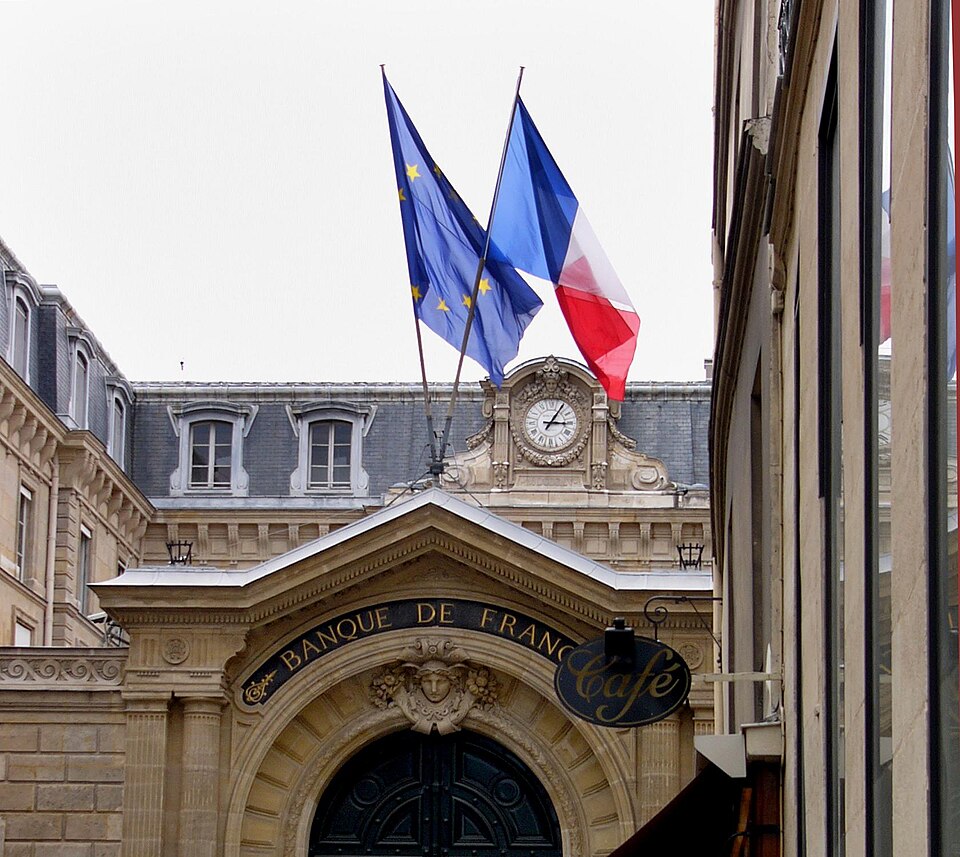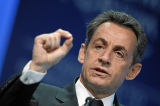
France's inflation rate dropped to its lowest level in more than four years this May, largely due to falling energy prices and a slowdown in service cost increases, according to preliminary data
released Tuesday by the national statistics agency INSEE.
Harmonized consumer prices, which are adjusted to allow comparison across eurozone countries, rose just 0.6% year-over-year in May. This marks a decline from the 0.9% increase recorded in April and is the lowest annual inflation rate for France since December 2020, when prices were flat.
The figure came in below economists’ expectations. A Reuters survey of 21 analysts had forecast inflation to remain at 0.9%, with estimates ranging between 0.7% and 0.9%.
Service prices, a key inflation driver, rose 2.1% over the year, slowing from April’s 2.4% increase. INSEE attributed the decline to lower growth in transportation costs and a sharper drop in communication service prices.
Energy prices saw a steep year-over-year decline of 8.1% in May—greater than April’s 7.8% drop—marking the fourth straight monthly fall as gas prices continued their downward trend.
Meanwhile, food prices edged up 1.3%, slightly higher than April’s 1.2% increase. Manufactured goods prices remained in deflation territory, falling 0.2%, unchanged from the previous month. Tobacco inflation held steady at 4.1%.
Using France’s national consumer price index, inflation rose 0.7% year-over-year in May, down from 0.8% in April.
Francois Villeroy de Galhau, European Central Bank policymaker and Governor of the Bank of France, called the data “another very encouraging sign of disinflation in action.” He previously suggested that another ECB rate cut could be possible before the summer. Photo by Kathleen Conklin, Wikimedia commons.








































